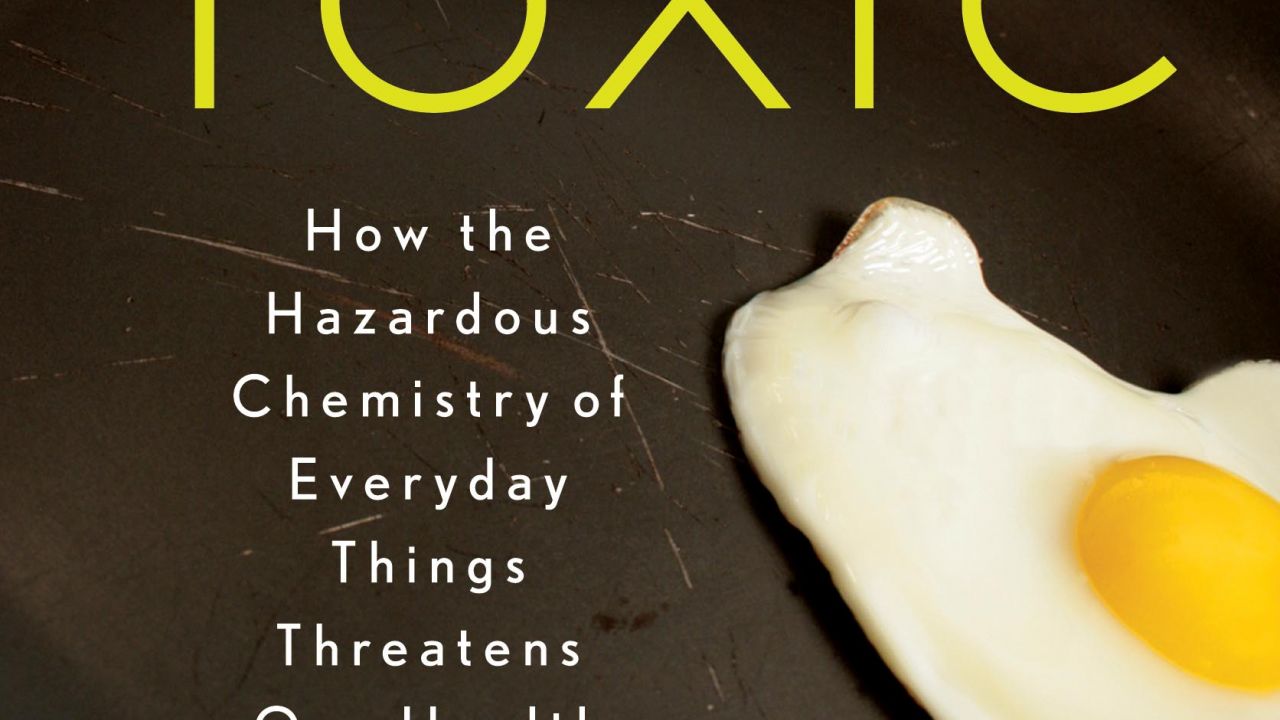
By Nena Baker, Author, The Body Toxic and EWG Guest Blogger
No one is more pleased to see the hazards of Bisphenol A in the spotlight than Mike Potter, father of six, grandfather of four, and founder and president of Eden Foods. His company began using BPA-free cans in 1999, after two years of frustrating negotiations with his can suppliers.
"It's regrettable that the use of BPA has gone on so long," Potter told me. "I've been flabbergasted as I've observed the lack of will on the part of the rest of the food industry to take advantage of an option we created."
The back story on Eden's switch to BPA-free cans for bean products
In 1997, Potter learned that new research was raising questions about the safety of bisphenol A, and that one of BPA's many applications was in the linings of cans. "Being a canner, it got my attention, " said Potter.
He asked his can suppliers - three of them at the time - if bisphenol A was in the cans they were selling to Eden Foods. "I made hundreds of phone calls to these three manufacturers," he said. "Remarkably, I couldn't find out if it was in the cans I was using or not."
The can companies didn't have to disclose what chemicals they were using as long as they claimed it was a trade secret.
"I was flabbergasted that legally, it was none of my business. I had no right to know, as a consumer, a food manufacturer, a parent or grandparent." Two of his can suppliers (whom he declined to name) gave Potter "half information and half answers."
One can supplier, Ball Corp., "ascertained that I wasn't going to go away. They weren't going to disclose specifically what was in the linings of their cans, but they did help me understand the heavy chemistry that goes on to make the linings and how that process leads to bisphenol A."
Asking the "high-school" question: What did you use before?
So Potter asked what he describes as the "high-school question." What did Ball Corp. use before the days of the formulation that results in bisphenol A leaching into canned food? "They told me they used an enamel made from vegetable resins. So I asked: Can I get my cans with that on it, please?"
The answer was yes, if Eden Foods paid 14 percent more for the BPA-free cans. "That's hundred of thousands of dollars a year for us," which is a big deal for a small company in the very competitive food business.
He felt he had no choice
Potter felt he had no choice but to switch to BPA-free cans. "It was the right thing to do. I didn't want BPA in food I was serving to my kids, my grandkids or my customers." Eden Foods didn't promote its switch to BPA-free cans 10 years ago. "At the time, consumers hadn't heard about bisphenol A. The name itself was like Swahili."
But with growing awareness about BPA's laboratory links to recent trends in human diseases - a chilling list including breast and prostate cancers, increases in urogenital abnormalities in male babies, a decline in semen quality in men, early onset of puberty in girls, metabolic disorders including Type 2 diabetes and obesity, and attention deficit/hyperactivity disorder - Eden Foods recently began labeling its bean cans "BPA-free."
For the moment, Eden Foods tomato products are packaged in industry-standard BPA-containing cans. "The FDA hasn't approved any other type of processing for highly acidic foods," Potter said.
Where there's a will, there's a way
But Potter, who is also involved in the Non-GMO Project, is convinced that "modern industrial chemists can solve this problem" - especially if consumers demand it. "It's not fun dealing with this stuff," said Potter. "But where there's a will there's a way."
Investigative journalist Nena Baker is the author of "The Body Toxic: How the Hazardous Chemistry of Everyday Things Threatens Our Health and Well-being" (North Point Press/Farrar, Straus and Giroux).
You can grab it in paperback starting next week, and listen in to Ron Reagan's 30-minute interview with Nena on Air America, Wednesday, July 15, 2009.



